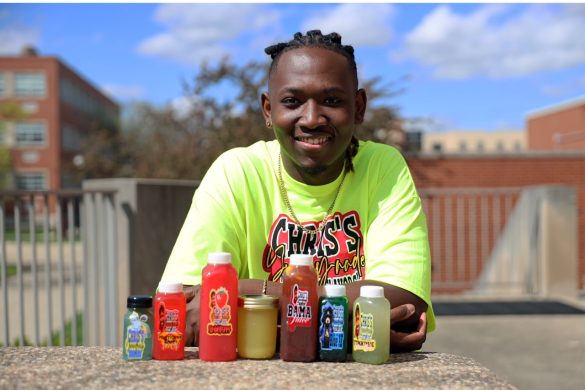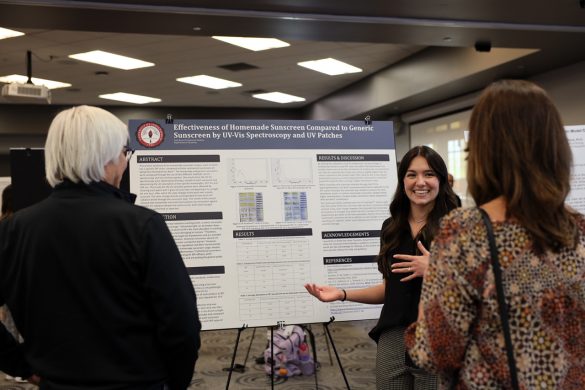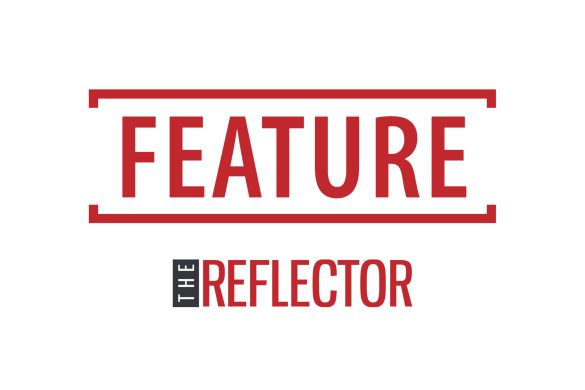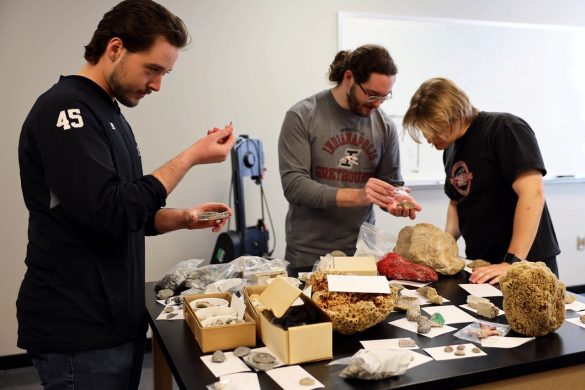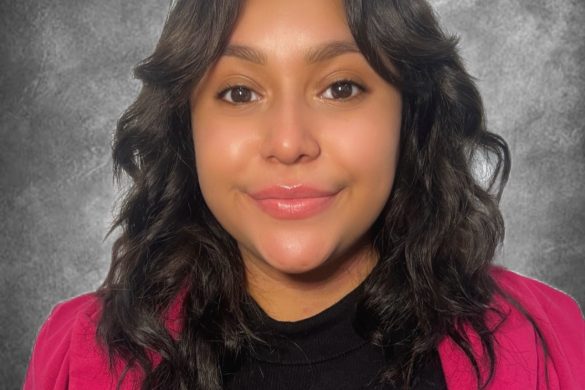Since he began practicing martial arts, University of Indianapolis police officer Javed Khan has been interested in the practical side of fighting. Before coming to UIndy Khan lived in what is now called Mumbai, India, where he first got his inspiration to use his martial arts knowledge in real-world applications.
When a news story broke in 1998 in his native town about a girl who was pushed from a moving train for what would have been $20 in American currency, Khan said he felt a call to action, to protect victims who might not possess the skills to help themselves. Khan established Women Against Rape and Domestic Abuse.
“That [situation] struck me down very deep, and I started a women’s self-defense program, and I called it rape defense at that time,” Khan said. “But then later on, I incorporated domestic [violence] because there is a lot domestic violence that goes on at home and in people’s lives. That’s why I added that into my program, and I called it WARDA.”
Khan even has established his own form of fighting called Khan Do Kwan, which means school of Khan’s way. He uses this style of martial arts to help members of his workshops and classes recognize the reality of the world around them.
“I want to bring this smack right into their faces, saying, ‘Hey, you are a potential rape victim. You are a potential victim. What are you going to do about it?’” he said. “I talk about this very openly in my workshops.”
According to Khan, WARDA has three levels that prepare women for conflict. The first level is basics, the second is domestic violence and the third is scenario-based. Khan emphasized that his workshops are intended to help people take responsibility for their own safety.
“I used to be bullied and picked on. All of the big kids, they would just pick on me. I had to do something about it,” he said. “I got to stand up for myself. No one else is going to do it for me. And [I use] that [same] philosophy that I take to my WARDA training with my girls. ‘I am responsible for my own safety.’”
Khan said he does not want women to see themselves as victims but as empowered to protect themselves. This trait can be seen in the logo for WARDA with the eyes of the Indian goddess Durga.
Khan’s workshops can be taken by anybody as long as a big enough group gets together. One of the main things he said he wants to instill in the people who take his classes are that they can fight back.
This mentality is rooted not only can a person survive a conflict or attack but a person can win. This is paired with awareness of surroundings and avoiding a condition he calls “white.”
“What I teach them is, first of all, they need to be aware,” Khan said. “Awareness is the key. Don’t stay in that condition white, what I call where ‘Everything is beautiful. Nothing is going to happen to me.’ I’m also not saying be paranoid, just be aware.”
According to Khan, this mentality is important because of what he calls wolves in society.
“It’s all around us, and there are sick people out there that think that they can push their will and ways on other people,” he said. “And they try to do that by bullying them—by using psychological force, physical force— to try and bully people. . . and that is why self-defense is very important. And sometimes self-defense does not mean kicking and punching, it just means standing up for yourself and saying, ‘Hey, that is enough.’”
Khan said he does some workshops on campus for interested groups and holds martial arts classes in his personal gym. Other law enforcement agencies, such as the Marion County Sheriff’s Office, Marion University’s police force and the Indiana Law Enforcement Academy use WARDA.
Even with all of the work he does to promote his organization, Khan said his focus is on using his skills to improve the safety of others in a dangerous world.
“My motivation to be a police officer is to help people,” Khan said. “The same thing why I run my martial arts classes and I do all of the self-defense program. I feel like I’ve been blessed. I’m talented. I have all of this strength, talent and knowledge, and I need to pass this on. I need to help people. And even with my policing, my entire philosophy is to help people.”
